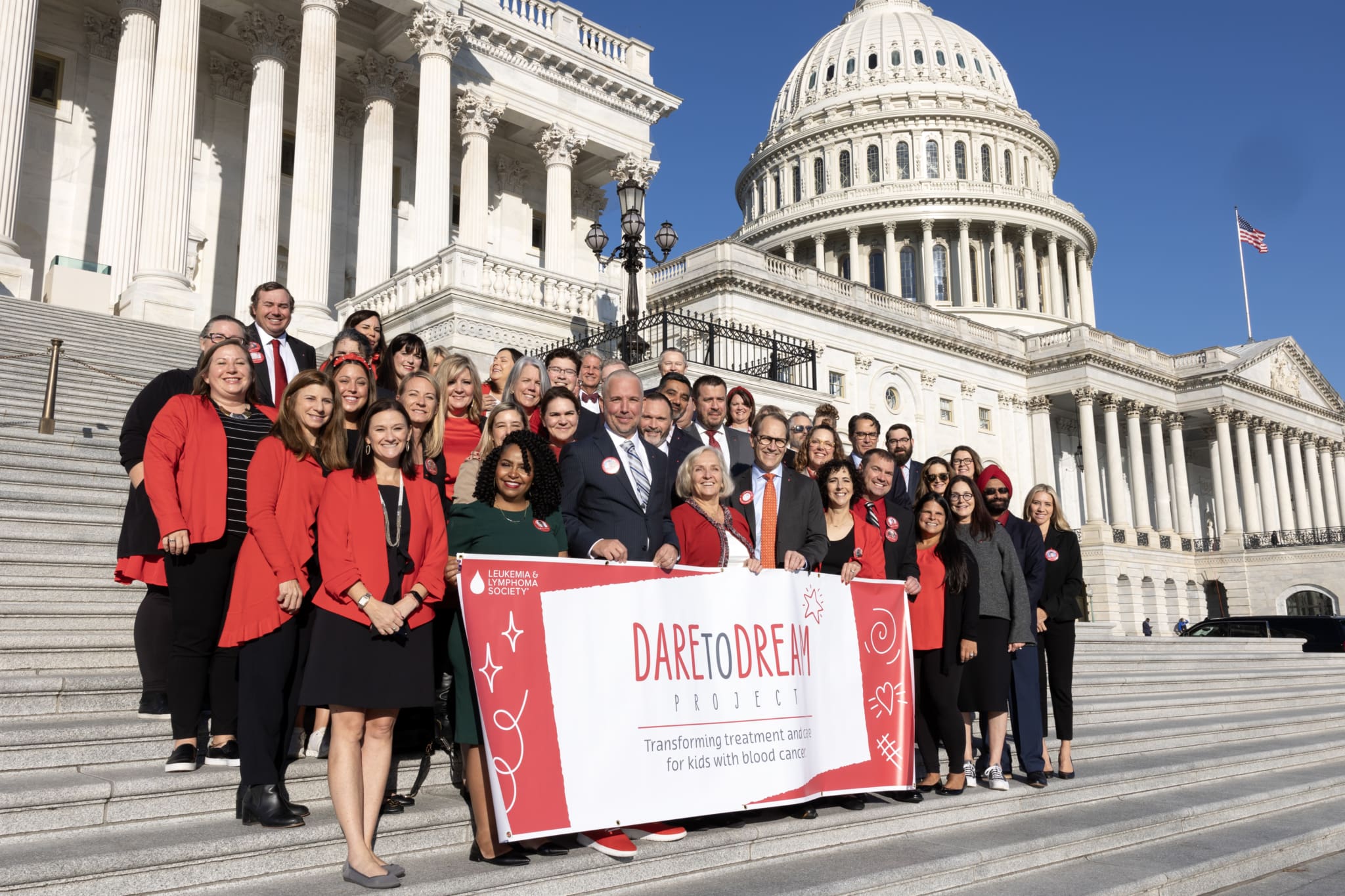Using human-centered design to understand grantee/funder relationships
Last week, Independent Sector gathered 16 funders and nonprofit practitioners to use human-centered design to examine the power dynamic between funders and grantees in the charitable sector, and to begin developing tools that can help to positively transform those relationships.
The workshop was part of an IS initiative on grantee/funder relationships launching this fall that aims to promote the transfer of healthy behaviors, practices, and conditions in those relationships. This work seeks to address one of the most prevalent issues raised by charitable sector leaders during our Threads community conversations across the U.S., and builds on “Model Partnerships for Impact,” a series of case studies on healthy funding relationships that IS will release this fall.
Human-centered design is a creative approach to developing solutions in the service of people, and increasingly plays a role in the design of programs and services in the social sector. Jessica Mason, founder and principal of The Social Impact Studio, masterfully facilitated the group through the HCD process and exposed participants to a more responsive and inspired way of thinking and problem-solving.
The intensive two-day workshop took participants through structured activities to hear a range of perspectives on grantee/funder relationships; to explore various “problem frames” that could be used to address these relationships; and to generate and refine concepts for tools to foster healthier relationships.
Participants considered questions like these while determining how to best move the needle on grantee-funder relationships:
- How might we build and sustain transformative relationships between funders and grantees?
- How might we make empathy the star of the show in funder-grantee relationships?
- How might we create an ecosystem of equitable relationships?
The group wrestled with the role that power plays in funding relationships — whether its role is inherent, if it is inherently problematic, and whether it should be equalized or just mitigated more effectively. They also raised the influence of other power dynamics (like gender, race, and class) in funding relationships and pushed Independent Sector to consider these lenses as we move forward.
The workshop produced a set of concepts that Independent Sector will continue to refine and develop between now and the Independent Sector Conference this November, where attendees will have the opportunity to test and give feedback on tool prototypes.



